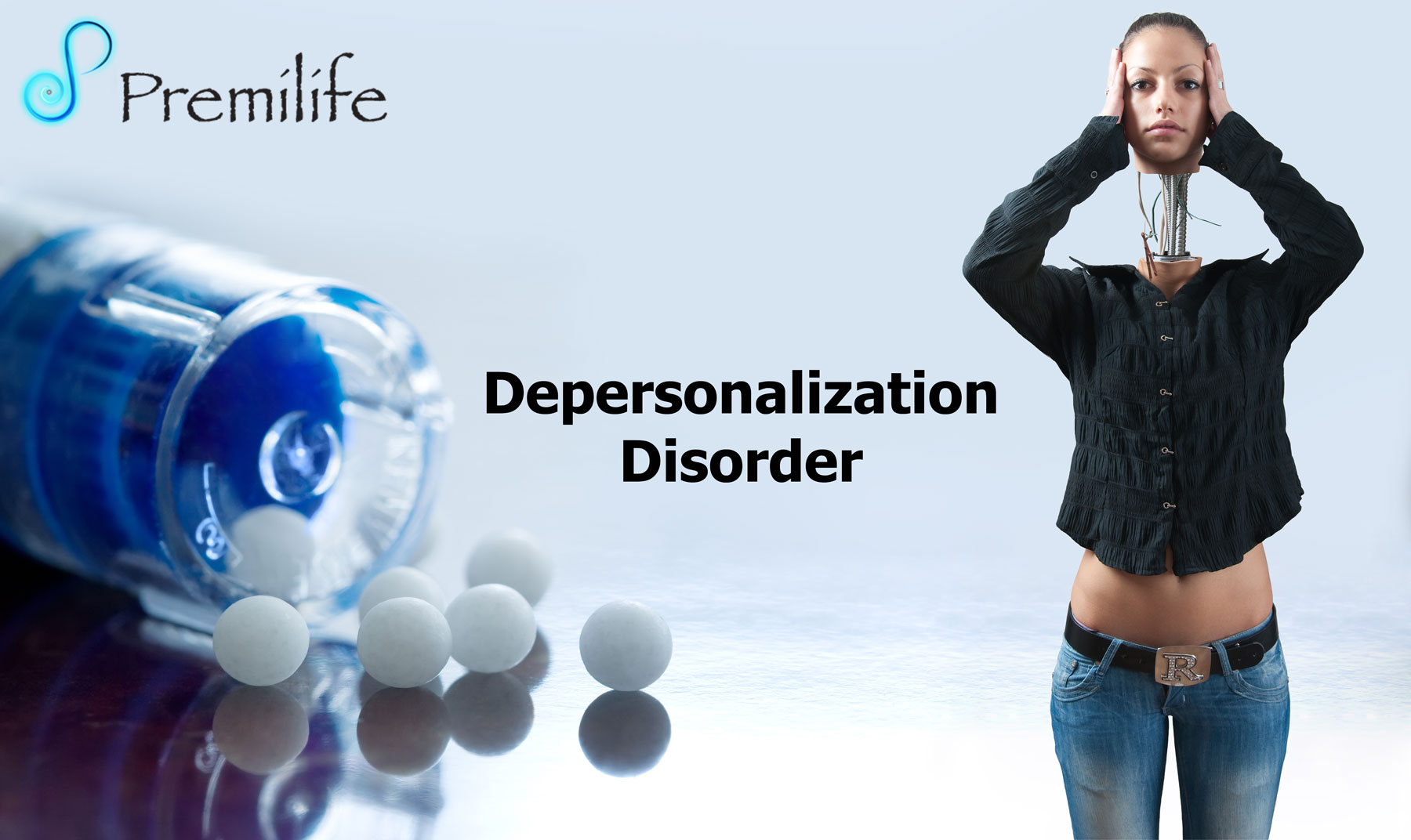

Some people dissociate after experiencing war, kidnapping or even an invasive medical procedure. Someone with a dissociative disorder may have experienced physical, sexual or emotional abuse during childhood. They may be related to a previous traumatic experience, or a tendency to develop more physical than psychological symptoms when stressed or distressed. The causes of dissociative disorders are not well understood.


They may also have problems sleeping (insomnia). Someone with a dissociative disorder may also have other mental health conditions, such as: memory gaps about everyday events and personal information.They may feel the presence of other identities, each with their own names, voices, personal histories and mannerisms. Someone diagnosed with DID may feel uncertain about their identity and who they are. Dissociative identity disorderĭissociative identity disorder (DID) used to be called multiple personality disorder. In rare cases, they can last months or years. These blank episodes may last minutes, hours or days. They may have travelled there on purpose, or wandered in a confused state. Some people with dissociative amnesia find themselves in a strange place without knowing how they got there. These gaps in memory are much more severe than normal forgetfulness and are not the result of another medical condition. They may also forget a learned talent or skill. Someone with dissociative amnesia will have periods where they cannot remember information about themselves or events in their past life. It may last only a few moments or come and go over many years. You can have depersonalisation or derealisation, or both together. People and things around you may seem "lifeless" or "foggy". depersonalisation-derealisation disorderĭepersonalisation is where you have the feeling of being outside yourself and observing your actions, feelings or thoughts from a distance.ĭerealisation is where you feel the world around is unreal.There are several different types of dissociative disorder. They may dissociate and avoid dealing with it as a way of coping with it. Many people with a dissociative disorder have had a traumatic event during childhood. It can sometimes last for years, but usually if a person has other dissociative disorders. Periods of dissociation can last for a relatively short time (hours or days) or for much longer (weeks or months). forgetting about certain time periods, events and personal informationĭissociation is a way the mind copes with too much stress.feeling disconnected from yourself and the world around you.Symptoms of dissociative disorder can vary but may include: Some dissociative disorders are very shortlived, perhaps following a traumatic life event, and resolve on their own over a matter of weeks or months. Dissociative disorders are a range of conditions that can cause physical and psychological problems.


 0 kommentar(er)
0 kommentar(er)
